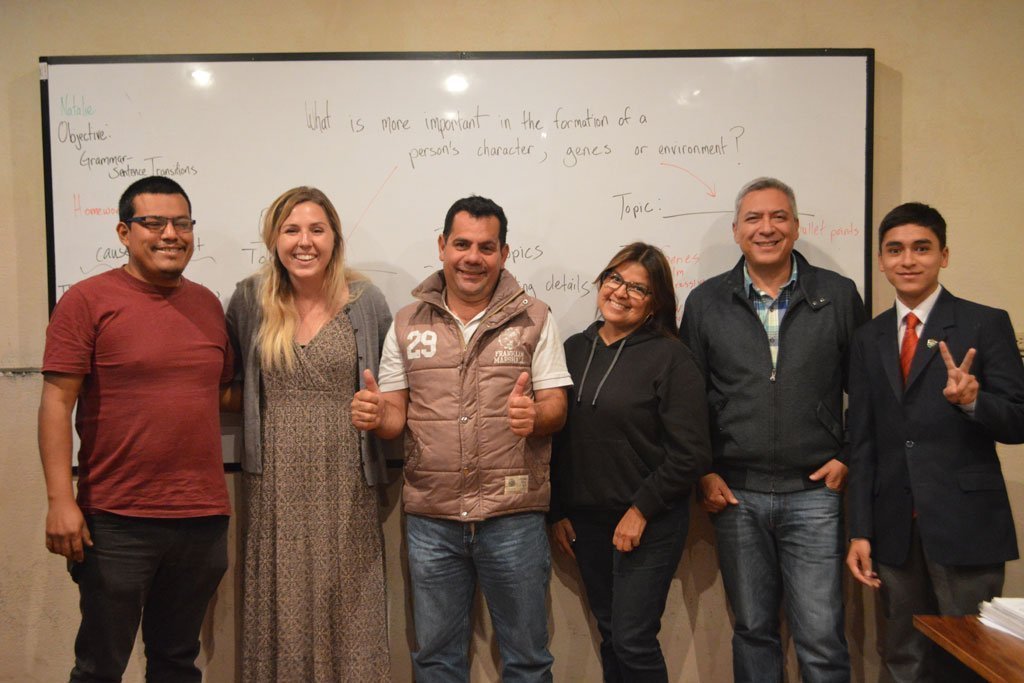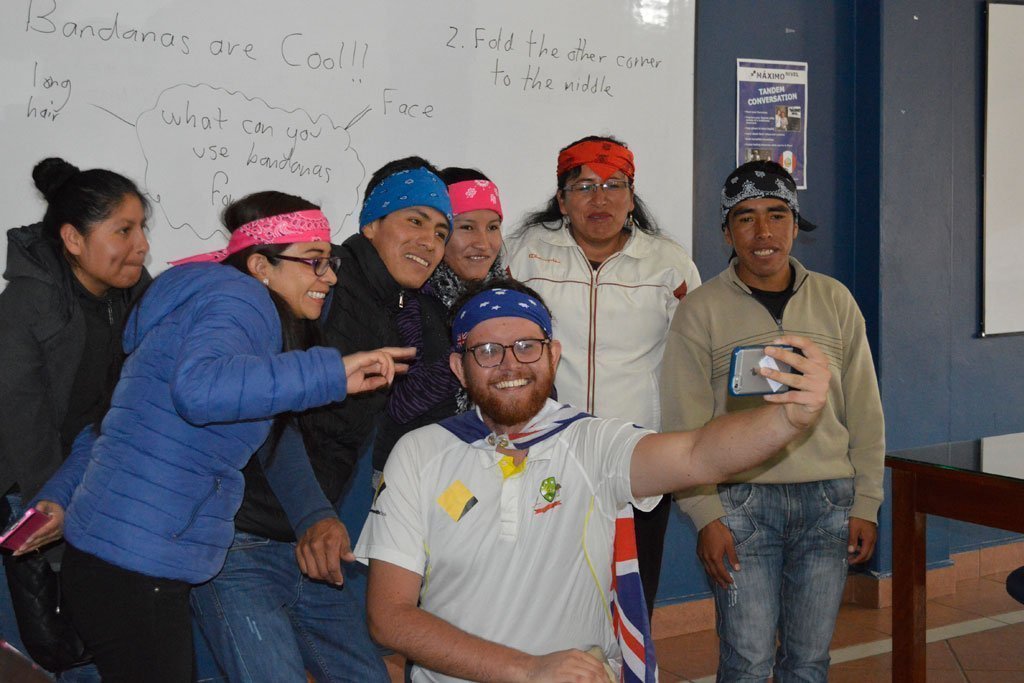In January 2017, I moved my life to Manuel Antonio, Costa Rica. I wasn’t sure what to expect but I came with the intention to obtain my TEFL certification, then get a job teaching English. My plan was to find a way to financially support myself while living the pura vida lifestyle for as long as possible. I chose to study with Maximo Nivel because I knew the institute at Manuel Antonio would be close to the beautiful beaches and surrounded by wildlife. But the 4-week course was more than I had imagined.
I was grouped with 13 other TEFL students from around the world. No one had a clue as to how much work actually went into teaching English.The first week was slow and steady; low stress, high adventure. We learned the Critical ESL Techniques, classroom management strategies and how to create effective lesson plans. Every night we were assigned reading, but nothing unmanageable. What we didn’t expect was to give our first lesson by the end of the week.
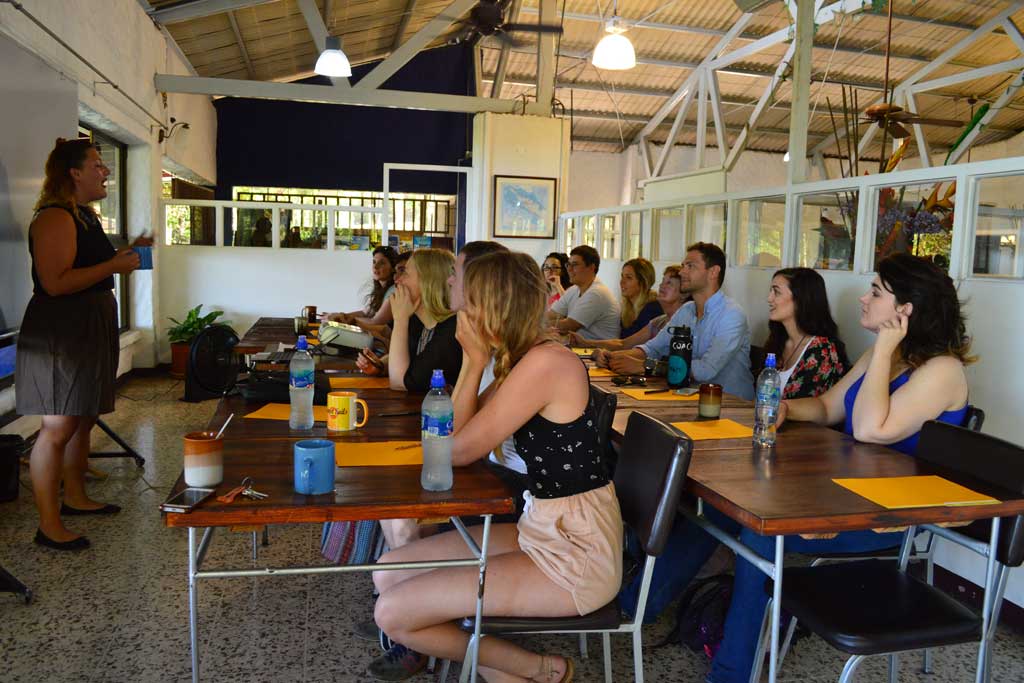
Our mini-lesson was only 20 minutes long, and not having learned anything worth teaching ESL students, the point of the assignment was to utilize our newly learned techniques and classroom management strategies to teach the local students how to DO something. It was the perfect way to be introduced to the world of teaching. From the very first lesson, we were required to prepare a structured lesson plan which included details for how we would greet our students, teach the lesson, and provide an activity that proved their understanding.
It was nerve racking to say the least. Getting up in front of the classroom–in front of the students, my teacher, and my peers–was not how I thought I would be ending the first week of my course. But I did it, I lived to tell about it, and my class knew how to draw a “Graffiti Style S” by the end of it. Which means they understood my lesson. I had succeeded, and I felt so accomplished.
After our class, we received constructive feedback that would help us in the future, because that was the first lesson of eight we would teach in order to graduate. That weekend, we celebrated by hitting the beach and indulging in Cacique, Costa Rica’s locally made rum.
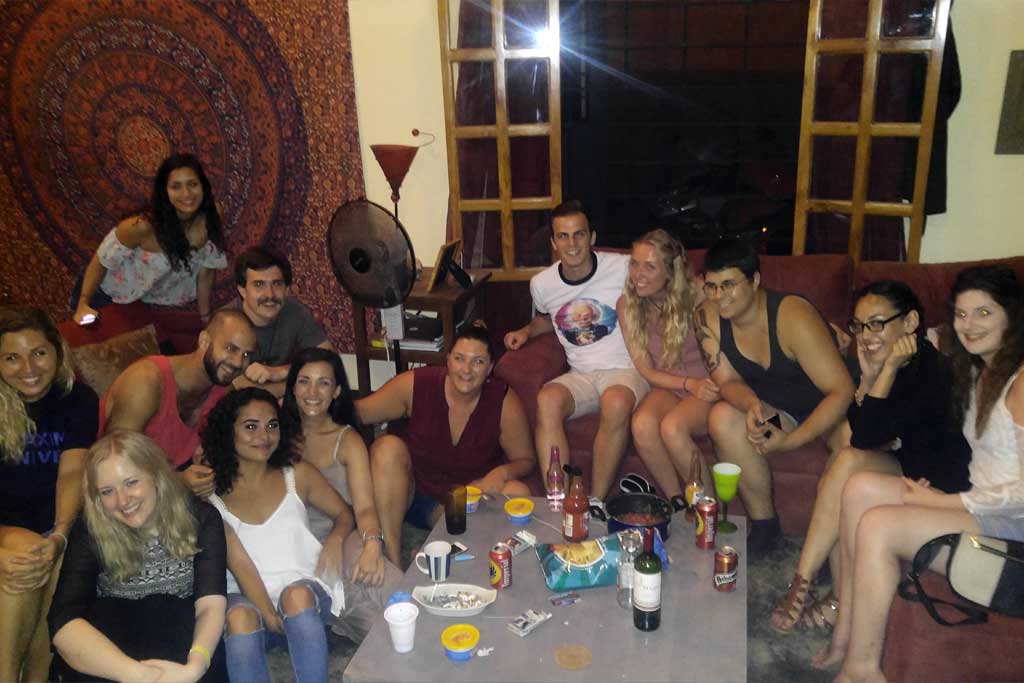
The following three weeks got progressively more difficult as we studied grammar and even better, studied how to teach grammar. English is my native language. I’ve been speaking it for 25 years, and never once did I question why it’s correct English to say “many clothes” and not “much clothes”, which to that I’d answer “Because it sounds right?”. By the second week, I learned English is a science.
We learned how to teach vocabulary, and about the different learning styles so we can accommodate a variety of learners in our classroom. Our second mini-lesson was a vocabulary lesson which I completely failed at. I tried to elicit the answers from students because the more I got my students to speak, the more I knew they understood. Unfortunately, my drawing skills are subpar, and so were all of my other strategies to get them to understand the definitions of words like shadow, witch, curse, or disappear. That time, I learned that no matter how prepared you are, things may not always go as planned, and that’s OK. As a teacher, there’s always next time.
We had a final mini-lesson on grammar before the real test came. Our last week was a week full of one-hour lessons where we stressed over our lesson plans; whether we would have students play a game or assign a listening activity, or if our material might be too hard for our intermediate-level English students. At the same time, we exhausted ourselves writing a grammar paper on our chosen topics, and then a reflection paper on the actual course. I’m tremendously grateful for the experience.
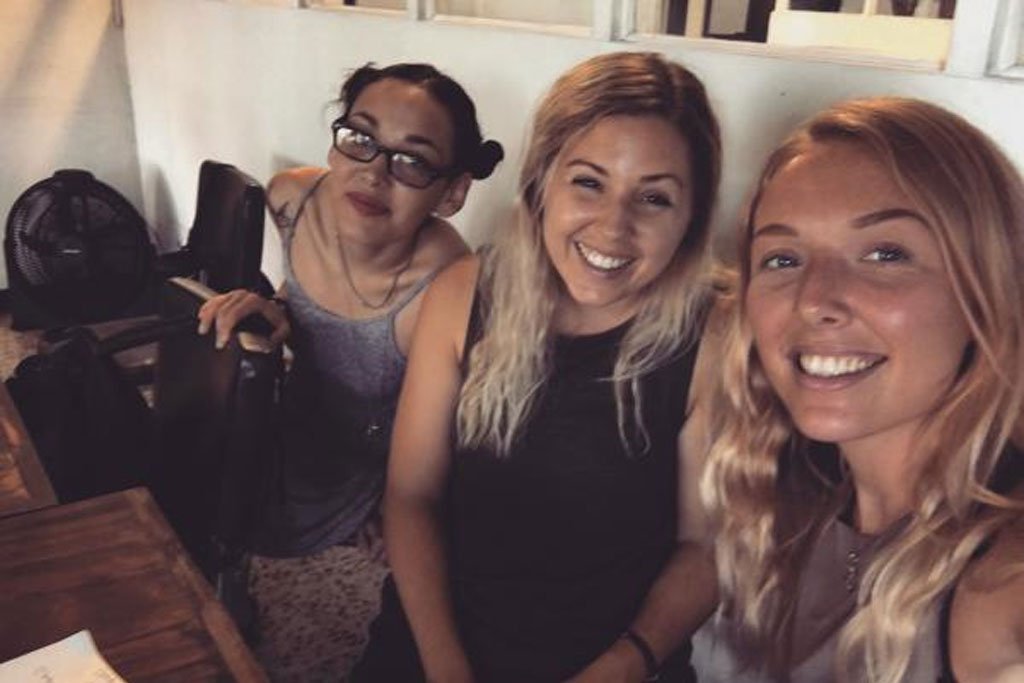
The TEFL course pushed me out of my comfort zone. There were times when I felt like I couldn’t go on, and yet with the support and encouragement of my class and my teachers, I continued. There were times when I felt like the best teacher in the world, and other times when I questioned if I was good enough. I downplayed the work that would go into teaching English, as if being a native speaker with the money to pay for my program was enough to graduate as a certified TEFL teacher. But I’m so glad it wasn’t. I’ve learned so much from this experience, about myself, and about an entire culture.
Now, as a TEFL graduate, I have the confidence to teach English to even the most basic English speaker. I understand what it takes to teach a lesson, and how to ensure my students understand the lesson being taught. I know how important time-management is, and how important creative lessons are to keep all students engaged. I learned that sometimes you won’t be able to get through to your students, and that that’s OK because there are always alternative ways to teach material. But most importantly, it prides me most to know that I am capable of providing a service to groups of people who are invested in learning the English language, because learning English will absolutely improve their academic and employment prospects, and introduce a whole new world of opportunities.


